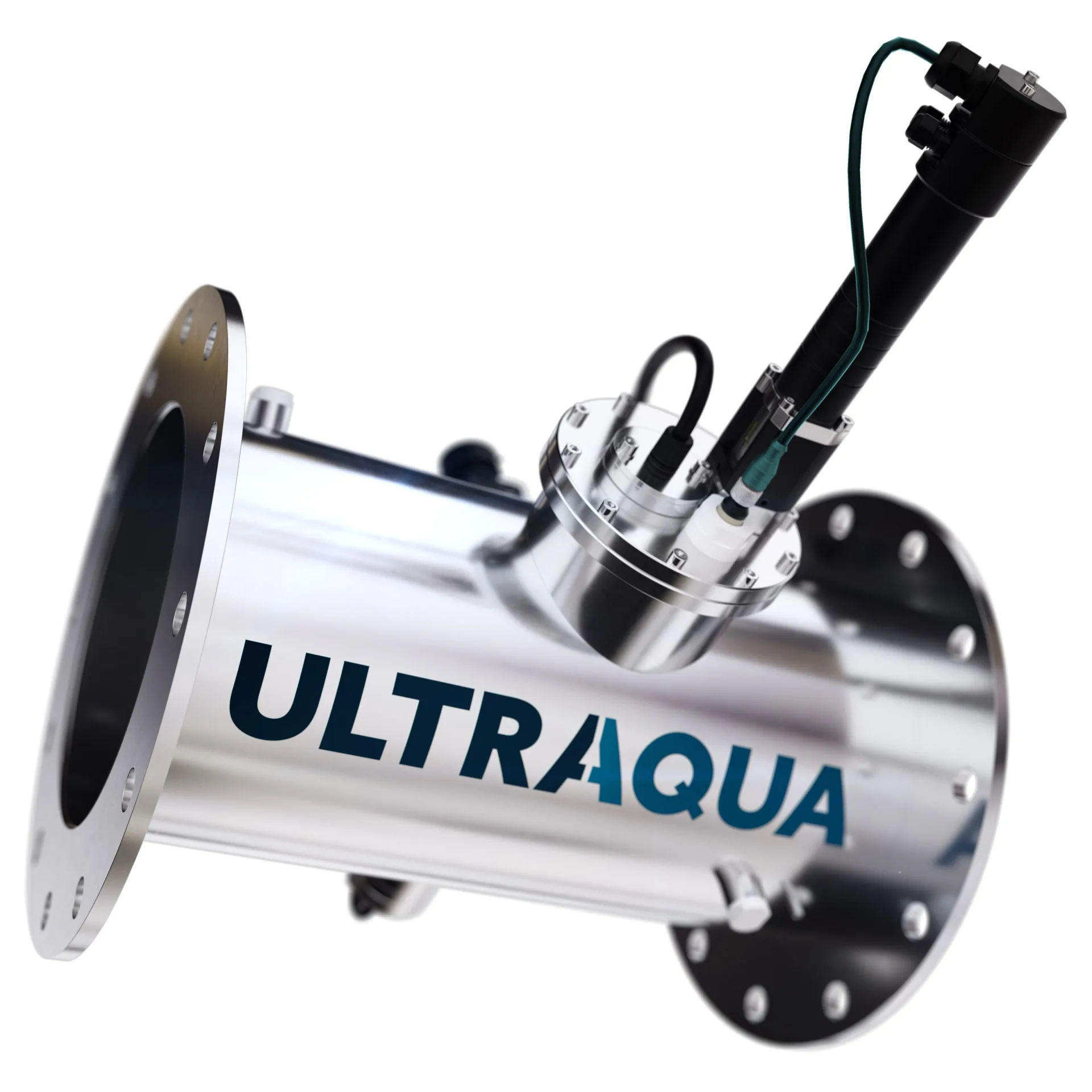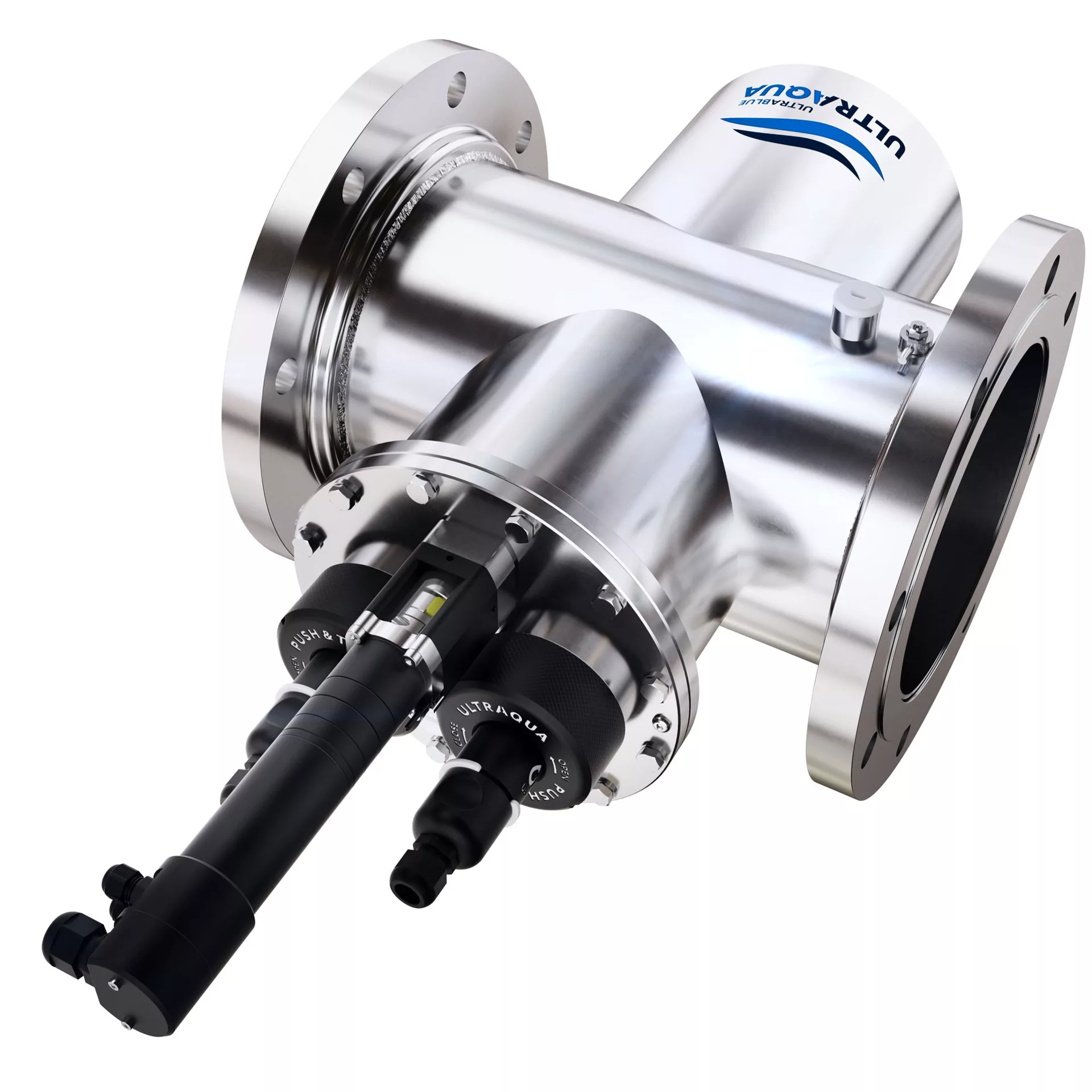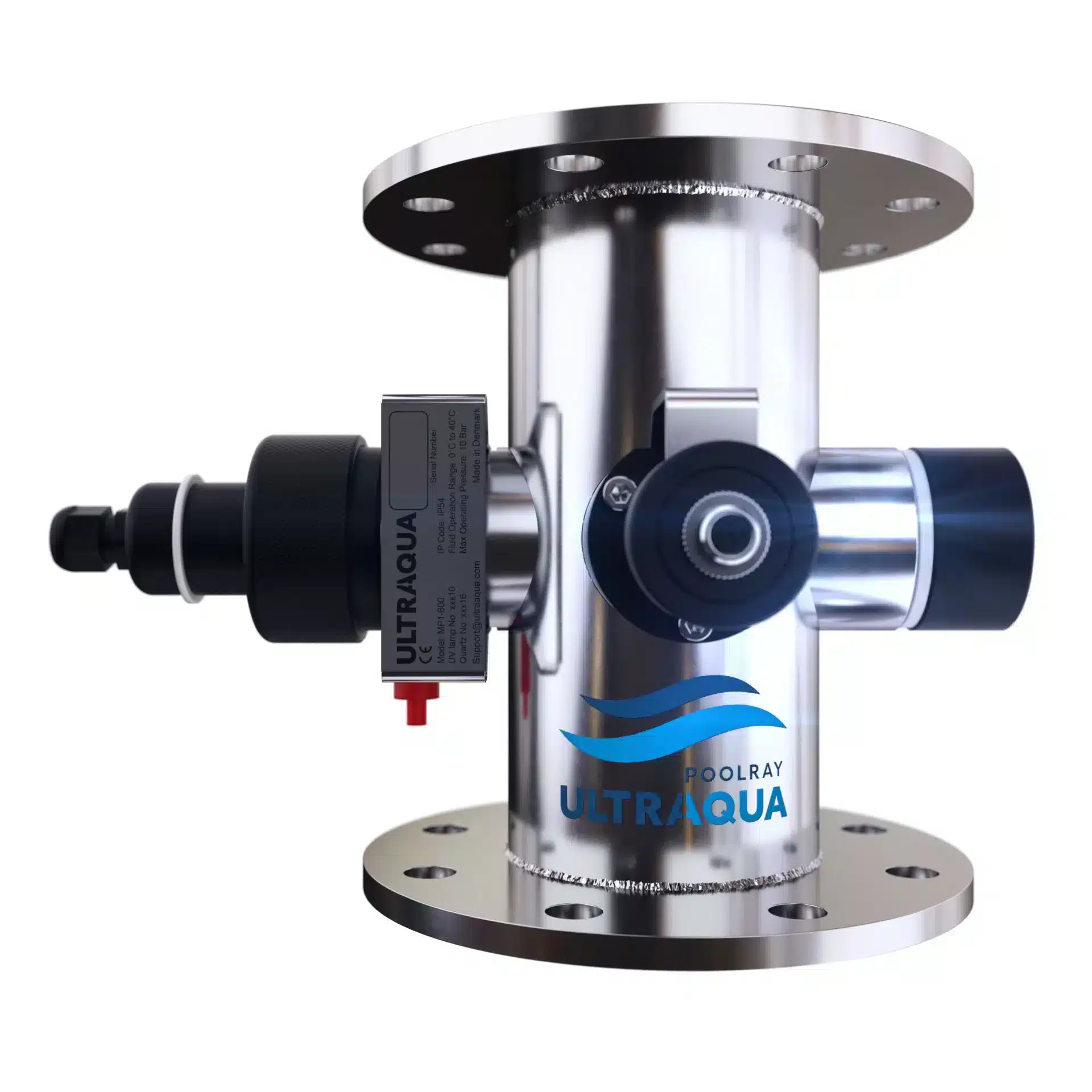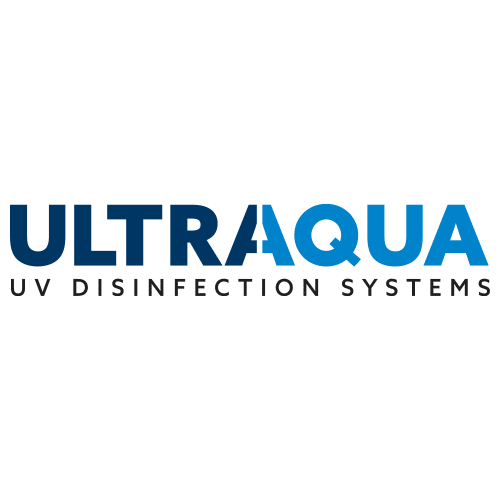Recreational water activities provide communities with a source of physical activity, exercise, and relaxation. Properly treated recreational water is of crucial importance as it can become a health risk for communities, especially concerning the younger population. Due to mass gatherings and a large turnover of people, these places are a big potential source of bacterial and viral diseases. ULTRAAQUA is a pioneer within advanced water treatment for recreational water activities, with 25 years of experience working with different size pools and aquatic parks. InBlue, a part of the ULTRAAQUA group, is working exclusively with swimming pools, aiming to optimize every single aspect to improve the water and air quality while reducing energy and water consumption.
Learn more by choosing a related product.
Support throughout the entire process
Backed by 25+ years of research and innovation experience, our engineers and industry specialists offer a range of services to ensure optimized UV disinfection for your specific requirements. This includes engineering support, optimal UV system sizing for the selected application, 3D drawings, analytical support of water samples, on-site validation testing, and much more.
FREQUENTLY ASKED QUESTIONS (FAQ)
Find frequently asked questions regarding UV disinfection for this industry by clicking on a question below.
Why should I implement UV technology if I already use chlorine for disinfection?
Using chlorine as the primary disinfectant is still the most common way to keep swimming pool water sanitary and free of harmful microorganisms.
However, the main issue with using chlorine in swimming pools is that the chlorine reacts very rapidly with nitrogen compounds in the water. This creates problematic chlorine by-products such as mono-, di-, and trichloramines. Especially trichloramines (NCI3) have significant negative effects, irritating the eyes, nose, throat, as well as bronchial tubes.
If the chlorine levels are managed properly, using chlorine is not an issue seen in isolation. It is essential, however, that the harmful by-products caused by chlorine are under control, and this is where UV technology plays its part.
Can UV systems be used in conjunction with chlorine in swimming pools?
Yes, UV systems can be used alongside chlorine in swimming pools. The UV system acts as a secondary disinfection method to break down chloramines and other DBPs, allowing chlorine to be more effective at lower concentrations. This combination ensures a high level of disinfection while minimizing the negative effects of chlorine.
Why is UV disinfection beneficial for swimming pool water treatment?
UV disinfection is highly beneficial for swimming pool water treatment because it effectively destroys chlorine-resistant microorganisms and reduces the formation of harmful disinfection by-products (DBPs) such as chloramines. These by-products are responsible for the strong chlorine smell, eye irritation, and can exacerbate asthma. UV treatment improves both water and air quality, enhancing the swimming experience for pool users.
How does UV treatment improve the air quality around indoor pools?
UV treatment significantly reduces the concentration of trichloramine, a volatile disinfection by-product (DBP) that is known to cause irritation to the eyes, nose, throat, and bronchial tubes. By breaking down these chloramines, UV systems improve the air quality around indoor pools, making the environment more comfortable for swimmers and staff, and reducing the corrosion of poolside structures.
Can UV disinfection reduce the amount of chlorine needed in swimming pools?
Absolutely. UV disinfection can significantly reduce the amount of chlorine required to maintain clean and safe pool water. While chlorine is effective at killing bacteria and viruses, it can form harmful by-products when reacting with organic matter in the water. UV systems target and neutralize these microorganisms, allowing for lower chlorine levels while maintaining the same level of water safety and quality.
What makes ULTRAAQUA UV systems suitable for swimming pool disinfection?
ULTRAAQUA UV systems are designed with a focus on energy efficiency, operational reliability, and ease of maintenance, making them suitable for the demanding environment of swimming pool water treatment. With decades of experience and continuous R&D activities, ULTRAAQUA UV systems offer advanced solutions for both disinfection and combined chlorine removal, ensuring safe and clean water for swimmers.
Is UV disinfection safe for swimmers and the environment?
UV disinfection is safe for both swimmers and the environment. Unlike chemical disinfectants, UV light does not introduce any harmful by-products into the water. It is a physical process that provides effective disinfection without altering the chemistry of the water or leaving any residual substances that could be harmful to swimmers or the environment.









